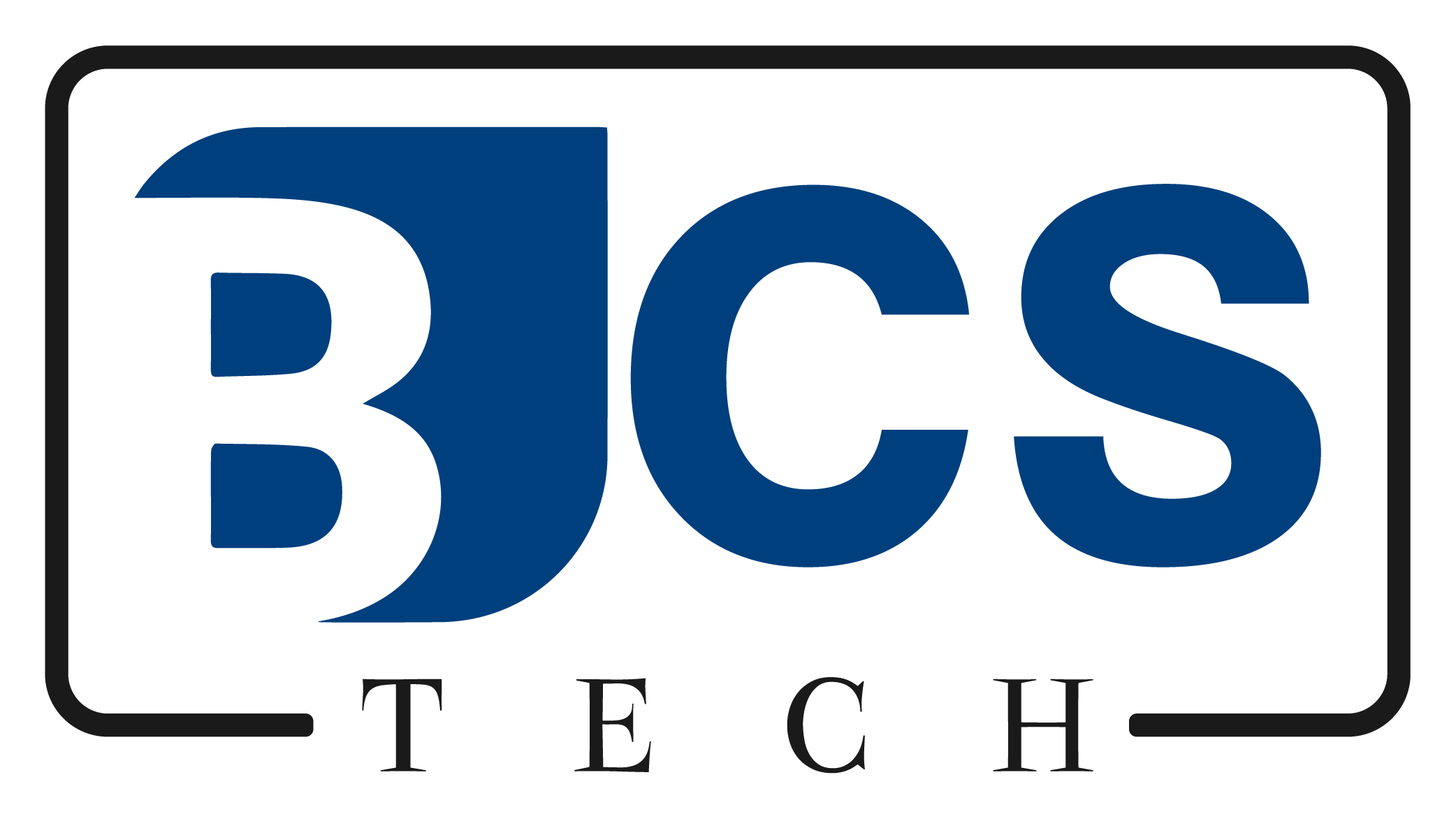In today’s fast-paced digital world, businesses are constantly seeking tools and strategies to enhance efficiency, scalability, and customer satisfaction. Among the myriad of technological advancements, Software as a Service (SaaS) has emerged as a game-changer. With its flexibility, accessibility, and cost-effectiveness, SaaS has become a cornerstone for businesses of all sizes and industries.
What is SaaS?
Software as a Service, or SaaS, refers to cloud-based software delivery models where applications are hosted on remote servers and accessed over the internet. Unlike traditional software requiring installation and maintenance, SaaS solutions are subscription-based and managed by the service provider, eliminating the need for extensive in-house IT infrastructure.
Key Benefits of SaaS
1. Accessibility and Flexibility
SaaS solutions can be accessed from anywhere with an internet connection. This makes it easier for teams to collaborate remotely, access tools on the go, and adapt to the growing trend of hybrid and remote work environments.
2. Cost-Effectiveness
With SaaS, businesses can avoid hefty upfront costs associated with software purchases and IT infrastructure. Subscription-based pricing allows for predictable expenses, making SaaS a budget-friendly option, especially for startups and SMEs.
3. Scalability
As businesses grow, their needs evolve. SaaS platforms offer seamless scalability, allowing organizations to add or remove features, users, or resources without significant disruptions or additional investments.
4. Automatic Updates and Maintenance
Gone are the days of manual software updates. SaaS providers handle updates, patches, and maintenance, ensuring that users always have access to the latest features and security protocols.
5. Enhanced Security
Reputable SaaS providers invest heavily in advanced security measures, protecting sensitive data from breaches and cyberattacks. With regular updates and centralized storage, SaaS often outperforms traditional software in terms of security.
6. Integration Capabilities
Modern SaaS solutions are designed to integrate seamlessly with other tools and platforms. This interoperability enables businesses to create a unified ecosystem, streamlining operations and improving productivity.
Applications of SaaS Across Industries
SaaS is not confined to a single industry; its versatility makes it invaluable across various sectors:
- E-commerce: Platforms like Shopify and BigCommerce provide comprehensive tools for online store management.
- Healthcare: SaaS solutions help manage patient records, appointments, and telehealth services.
- Education: Tools like Zoom and Google Workspace facilitate remote learning and collaboration.
- Marketing: SaaS platforms such as HubSpot and Mailchimp simplify campaign management and analytics.
- Finance: Software like QuickBooks and Xero automate accounting and financial reporting.
The Future of SaaS
As technology continues to evolve, the SaaS landscape is poised for even greater innovation. Key trends shaping its future include:
- AI and Machine Learning: SaaS platforms are increasingly incorporating AI to offer predictive analytics, personalization, and automation.
- Vertical SaaS: Industry-specific solutions are gaining traction, catering to niche requirements with tailored features.
- Low-Code/No-Code Platforms: Empowering non-technical users to build and customize applications without extensive coding knowledge.
- Enhanced Mobile Experience: With the growing reliance on mobile devices, SaaS providers are optimizing platforms for mobile accessibility.






